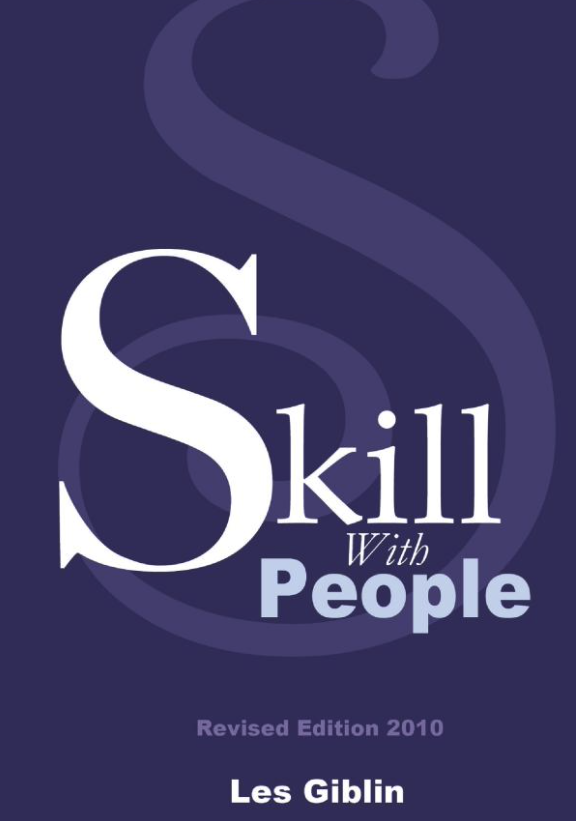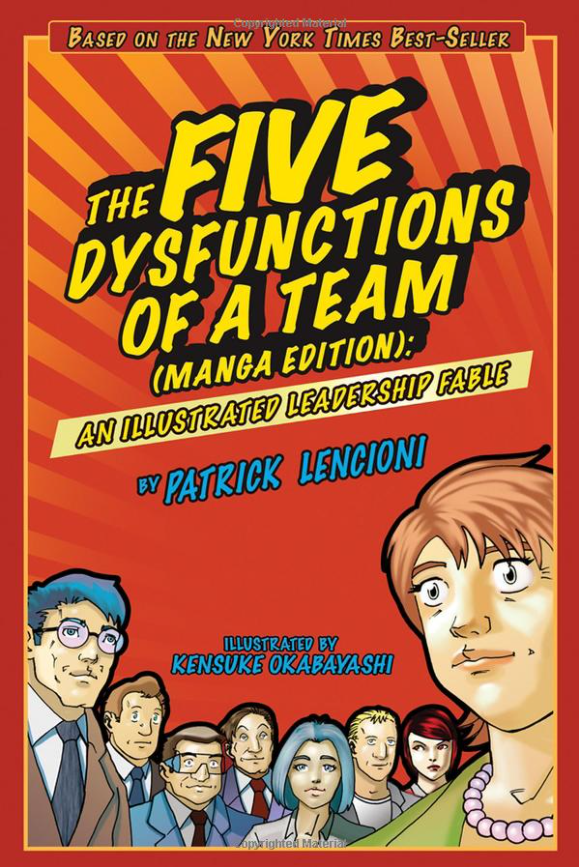“I’ll add it to my reading list”
How long IS that reading list?
In the world of software development alone there are always new titles appearing, old ones being rediscovered and colleagues enthusing about the latest tome that will fix everything.
I love to read. However, I struggle with non-fiction. I beat myself up about my lengthening ‘work’ reading list and worry I’m letting my team down by not being able to quote from Accelerate.
I thought I’d reflect a bit more deeply on this and suggest reasons and potential solutions to help move past this cognitive roadblock.
Narrative
There seems to be two main reasons for me to not start or not finish some content, the first is to do with effective narrative.
People engage with stories. It’s the transmission method for experiences and values that societies rely on. We are hard wired to find stories engaging and there are identified narratives that continually do this.
You may have heard of the journey of the hero as an example of this: A protagonist is living a comfortable existence; something happens to challenge this comfort. They must then go on a journey, physically, emotionally or both, to face this challenge and they come through this ordeal both victorious and, more importantly, changed. They are a different being now, having learnt something about themselves and the world, having tackled change and uncertainty.
The journey of a hero is a narrative identifiable in many places from the Hobbit to Star Wars which testifies to its effectiveness to engage.
Fiction >= non-fiction?
These stories are of course fictional. We are meant to be discussing our work-based reading list. Many of the best examples of content that can help in your job are presented as fiction and use established narrative structures to engage you better, take you on a journey and teach you something. In essence you can become the hero.
How about an actual example of this? Here’s a real world problem that you may face and be looking for some literature to help you tackle: Your software team ship a lot of bugs into their production software, tools that are used by customers and these bugs directly affect perception, income and morale. I’d recommend for yourself and your team members Zen and The Art of Motorcycle Maintenance.
It’s based on a true story, it interweaves three narratives (the journey of the main character while they look into how to understand quality, the relationship between the character and their child and the philosophical history of how we’ve responded to technology). It’s a great story, just in itself, that builds empathy, takes you with on it’s path and ends in a way that leaves you room to interpret the lessons your own way. It was written in the 1970’s but is almost timelessly relevant and touches on issues surrounding mental health that are almost prescient.
There are other titles that take a more prosaic approach to employing narrative and stories to present their lesson, The Phoenix Project is a good example. Honestly I just about made it through it, it has just about enough story behind it to be engaging but occasionally comes perilously close to it’s points feeling a bit forced. Worth a try.
Size
Few things are more off-putting for me than seeing a book recommendation that’s 500+pages long or an article that’s a 30+ minute read. My concentration meter is running on empty just thinking about it.
A LOT of books seem padded out to justify charging the cover price. Wading through all that fluff is a sure way to lose my attention. At best I’m skipping to Chapter 1 and wondering why it starts on page 24. Also many books stretch an interesting idea so thinly across so many pages or take so long to build up to the big reveal it reduces the effectiveness of it. Sometimes I just want the information.
Here’s few things to look out for that bypass this:
Brevity
Keep it short and get to the point. I was given a book, many many years ago, that’s still an excellent guide to relating with people. It’s called Skill With People by Les Giblin. It’s 44 pages long. My copy doesn’t have a flat spine with the title on, just staples.
Another: The One Minute Manager by Kenneth Blanchard. Just 112 pages. Plus it’s written as a story so the narrative is interesting in itself.
Visual version
Here’s two great examples of taking books with really good lessons to teach you and delivering it in a different way to suit different learning styles.
The Five Dysfunctions of a Team MANGA EDITION by Patrick Lencioni, illustrated by Kensuke Okabyashi
The Goal, a business graphic novel by Eliyahu Goldratt, illustrated by Dwight Zimmerman
These both succeed by shortening the content without reducing effectiveness of the message, weaving it into (or closer into) a story to follow with characters the empathise with, and by opening up the content to people who are visual learners.
Blinkist
Blinkist model is to take those longer form titles and, by agreement with their author/publishers, abridging it into both text and audio formats with summaries and structures. I’ve been a subscriber (yes, money sorry) before and can testify to it’s ease of use. My experience was in some ways you’re just building up a reading list somewhere else to not finish, but I did get to say “Yes, I have read that“ about some titles during meetings.
I’ve returned to Blinkist again and found if you resist the temptation to make lists of stuff you should be reading and just pick one and ignore the rest until you’re done it’s great.
Audio books
Obvious perhaps, but worth a mention that a lot of titles are available as audio books which suit many people better and fit in their lives and commutes better
Talks about books
Very meta. Listening to a podcast or watching a video of people talking about the book you want to read can often shortcut you to the heart of the lessons within it. The point of these talks is to dissect the book and often times lays it open for you.
TL;DR
Non-fiction business books can be boring and a slog. Not all are well written and it can obscure valuable concepts. Look for books with a strong narrative, with a identifiable hero or journey to take you on. Don’t conflate number of pages with depth of content; less is more applies in books too.









